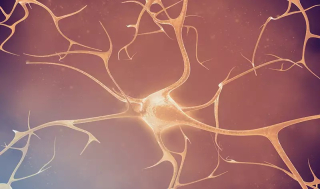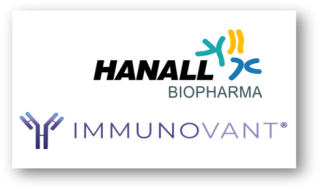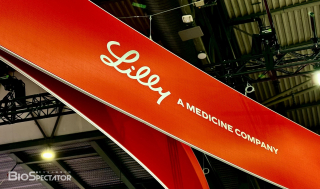기업
GENUV, Research for the Development of “Asymmetric Bispecific Antibody Platform”
by Jongwon Jang
Research Collaboration Agreement with Industry University Cooperation Foundation -Hanyang University (Prof. Seong Eon Ryu)
GENUV, a platform technology-based new drug development company, announced on November 1st the execution of the Research Collaboration Agreement with Industry University Cooperation Foundation – Hanyang University for the development of “Asymmetric Bispecific Antibody Platform” technology.
The Agreement provides for GENUV and Prof. Seong Eon Ryu (Hanyang University, College of Life Science) to develop an asymmetric bispecific antibody platform that generates antibodies which can simultaneously bind to two different types of antigens yet have similar properties to natural monoclonal antibodies, leading to superior efficacy and safety.
Prof. Ryu has been studying structural function of disease-related proteins through computer-aided structural modeling and structural identification of proteins at the atomic level. Under the agreement with GENUV, Prof. Ryu will conduct research to increase bispecific antibody performance while minimizing the effect on antibody structure through structural modeling.
Asymmetric bispecific antibody technology provides a better chance of discovering new drug candidates than symmetric bispecific antibody technology due to its property of allowing a greater variety of combinations; however, R&D proved to be quite challenging due to its high technical difficulties. GENUV, focused on developing original technologies essential for the discovery of new antibody-drugs, recognized the potential use of asymmetric bispecific antibody technology to develop new antibody drugs that could overcome the limitations of existing cancer drug combination therapies and decided to take on the challenge.

There are only three approved bispecific antibody drugs to date. However, with increasing R&D on bispecific antibody as evidenced by the over 30 clinical trials reported, future market is anticipated to witness high growth, a driver for the many studies focused on bispecific antibody development in Korea.
Heungrok Park, Head of Research Center, explained that “GENUV has been committed to the development of antibody discovering technologies such as the human antibody producing transgenic mouse antibody platform. Through open innovation, we will rise to the challenge to develop asymmetric bispecific antibodies and aim to thereby secure original technologies that can broaden our spectrum of innovative drug discovery.”
Meanwhile, since its founding in 2016, GENUV has focused on the development of innovative drugs through "ATRIVIEW", a screening platform using neural stem cells for the identification of substances that provide a neuroprotective and differentiating effect on neurons, and "SHINE MOUSE", an innovative antibody-drug platform based on the transgenic mouse model technology. Last September, GENUV received regulatory approval for ALS Phase 1·2a clinical studies on a ‘repurposed’ drug candidate in Korea.














![[BioS 레터]무균주사제 공급망 변화와 CDMO 대응](https://img.etoday.co.kr/crop/77/77/2262816.jpg)


